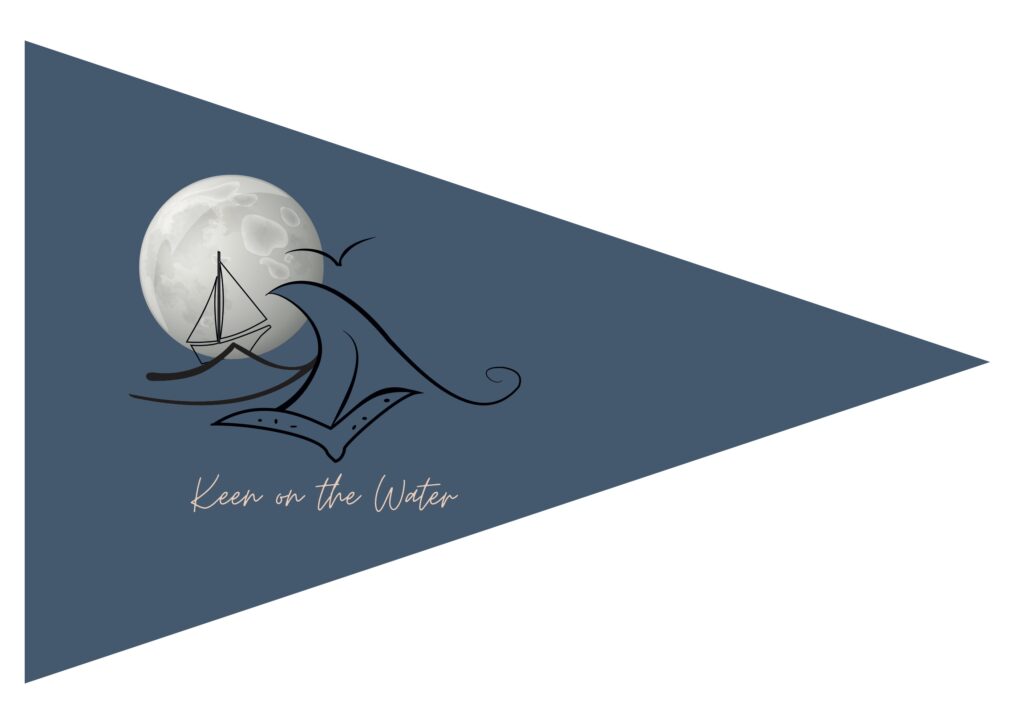In recent years, the world’s oceans have witnessed a growing invasion, not by hostile forces, but by an army of gelatinous creatures – jellyfish, medusae, and Portuguese Men o’ War. While these captivating beings share similarities, they are distinct entities, each playing a unique role in the ever-changing tapestry of our marine ecosystems, but are…
Category: The Marine Environment
The evolution from whaling to whale tourism in the Azores Islands.
Nestled in the vast Atlantic Ocean, the Azores Islands have a captivating history, with the ocean being deeply intertwined with the people who have called the archipelago home for centuries. Whaling, once a vital industry in the Azores, left an indelible mark on their culture, economy, and identity. However, the decline in the whaling industry,…
Threats to coral reefs.
What are some of the threats to coral reefs around the world? Increasing temperature. With increasing ocean temperatures due to climate change, coral reefs are under threat. Coral reefs exist in a very specific temperture range. When the temperature they are exposed to is outside of this narrow range they become stressed. If they are…
Coral reef life.
Coral reefs are the home to many different species. Coral reef life all relies on each other to stay alive and thrive, each species with its own function within the reef. Coral reefs have one the highest biodiversity of all of the ecosystem, even higher than tropical rainforests. Within the coral reef ecosystem you will…
Marine pollution – chemicals in the ocean.
What is bioaccumulation? A major issue with marine pollution is bioaccumulation. Bioaccumulation is when chemicals build up in an organism in the natural world. These chemicals are often toxic. This is caused by marine pollution. In the ocean, chemicals get into the food chain at the base. The smallest organisms absorb them faster than they…

The Sargassum Problem.
On many windward beaches in the Caribbean and east coast of the USA you will come across huge swathes of sargassum covering the rocks, in the shallows and strewn across the beach. The sargassum problem is getting worse. This seaweed can build up and if doesn’t get washed away or cleaned up, it can begin…

A dolphin smile.
‘A dolphin smile is one of natures greatest deceptions. It creates the illusion that the dolphin is always happy’ – Ric O’Barry, the Dolphin Project founder. Do dolphin smile? No. This is simply the way their mouth looks. When you see them performing in an aquarium show, you think they look happy? No. The dolphin smile…

Catching and eating caribbean lobster.
The Caribbean Lobster is spiny, unlike other lobster it hasn’t any front claws to protect itself. Therefore catching them is pretty easy. They are also delicious (if you like shellfish) so the Caribbean lobster are highly vulnerable to overfishing. As a result the species is declining in population all across its range. This is a…

Growing sea moss.
A number of tropical nations around the world are finding alternative ways to source food, provide an income and support their families. For those who rely on the ocean as their main source of protein and nutrients, those who make a living in coastal communities around the world, the changing oceans are affecting them deeply….

Invasive lionfish in the Caribbean.
Lion fish are an invasive species in the Caribbean. They originally come from the Indo-Pacific region of the world. The origin of invasive lionfish in the Caribbean is is still unknown, with reported sightings starting round the mid ’90’s. One theory suggests hurricane Andrew destroyed an aquarium in southern Florida, releasing the fish into the…

